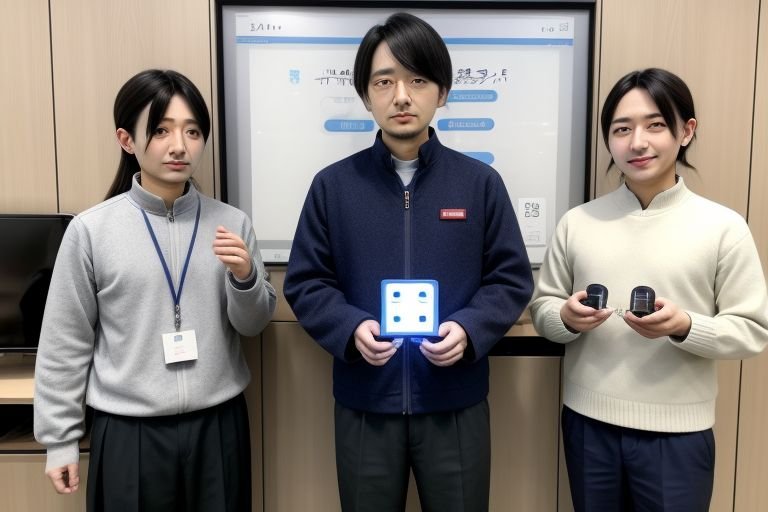Japan’s most prominent AI firm has recently demonstrated a new emotion-recognition technology set to revolutionalize interaction between humans and machines. The system, created after years of research and trials, relies on both facial expressions, voice tone, and physiological indicators to identify and address human emotions in real-time.
The technology that has been under development for more than five years marks a revolution in affective computing – the field of science dedicated to development of methods and systems which can recognize, emulate, and even ‘understand’ emotions. The Japanese firm that implemented the idea states that its system has managed to analyze mood with an accuracy level beyond 95%, and this is considered a record in the specialty.
As the core of the technology there is an elaborate neural network that was trained on the giant base of human mores and emotions from worldwide cultures. It enables the design of an AI that is capable of recognizing and understanding emotions in different instances and eradicating cultural barriers one of the main drawbacks of emotion detection technology.
There are several possible applications of this kind of technology. In health care, it could be used in diagnosis and tracking of patients with mental health disorders, something that would be very beneficial to therapists and carers. In automotive safety for example, the system could check for fatigue or distress of the driver, which could cause accidents. Various customer service industries could apply the use of the technology to determine customer sentiments as they happen to facilitate personalized engagements.
However, the availability of such a sophisticated emotion recognition tech comes with a lot of ethical and privacy implications. Some people claimed that extending these systems throughout the society can cause extreme emotional monitoring in the population violating private life and liberty. There are also some doubts to the specificity and validity of the interpretations of the AI emotions particularly in critical applications where the wrong readings could have some severe ramifications.
These concerns have been met by the Japanese company behind the technology through rallying for ethical uses of artificial intelligence. They have applied some strong measures to protect the data and are consulting with ethicists and privacy advocates to set up a due process regarding the proper use of this emotion recognition system. Owner of the firm has also said that they will not sell or use the technology for surveillance purposes and it will be used only when the user has given his/her permission.
The release of this sophisticated emotion detection technology has drawn attention across industries and tech behemoths and new-business ventures. Multiple large/celebrity vendors have already signified their interest towards adopting the technology and innovation for adding emotional intelligence to commodities and services causing the birth to a new generation of emotionally intelligent commodities and services.
The Japanese government has signified its support for the development as it sees it as form of technology that will boost Japan competitiveness in the international market of AI. The MESTI has suggested adding emotion recognition AI to the list of strategic technology that might imply new possibilities in terms of funding and collaboration for those working in the sphere.
As the research advances towards commercial application, the functionality, reliability and flexibility of the technology is being further improved. Present work is devoted to enhancing the system’s capacity to perceive delicate psychological states and long-term indicators of patient’s feelings, which could be applied to various fields including psychology and human- computer relations.
The development of this advanced emotion recognition system is a statement that Japan is fast growing its footing in the global development and advancement of AI. It is a move toward control electronics from product electronics and electronics hardware to software and artificial intelligence that is in contrast to the government’s aspiration of making China an AI power.
With the advent of the advanced AI systems around the world, latest invention of the Japanese is the new emotion recognition technology which is both an sunny side of innovative human technique and the other side having the ethical issues connected with the advancement. It is expected that the subsequent years will feature continuous discussions and debates on how and when to apply and govern such impactful emotional AI technologies to fit the given social context in order to save people from possible personal information leakage and narrow down their freedom of choice.


